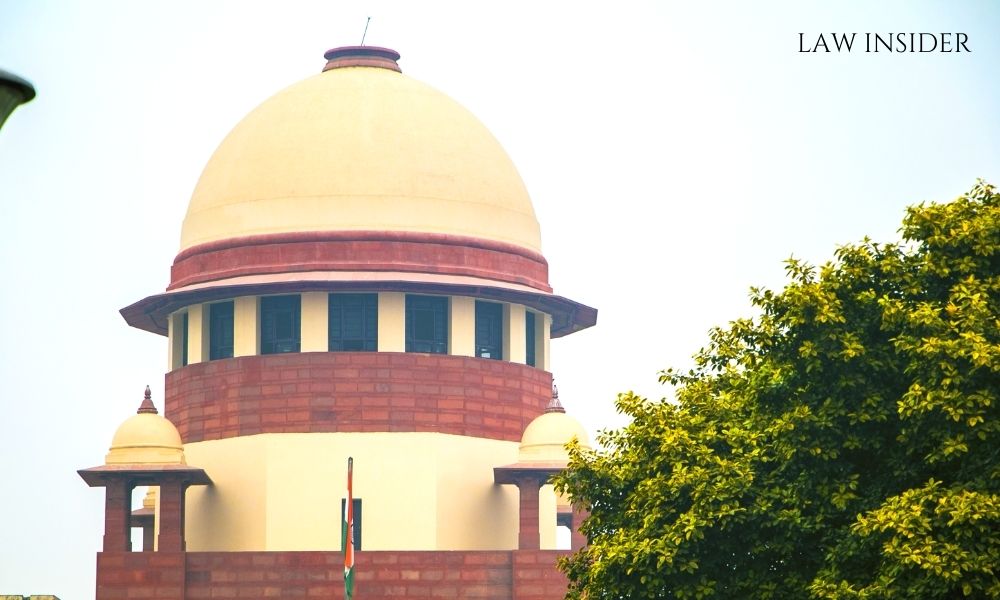LI Network
Published on: October 4, 2023 at 10:40 IST
The Supreme Court has asserted that the Directorate of Enforcement (ED) must furnish the grounds of arrest to the accused in written form at the time of their apprehension.
A bench comprising Justices AS Bopanna and Sanjay Kumar rendered this crucial judgment while quashing the arrests of Pankaj Bansal and Basant Bansal in a money laundering case related to the real estate group M3M.
The Court, in strong terms, criticized the central agency for not adhering to this procedural requirement in the case at hand. Notably, the ED officer had merely orally conveyed the grounds of arrest to the accused.
The Supreme Court found that such a practice did not meet the criteria set out in Article 22(1) of the Constitution and Section 19(1) of the Prevention of Money Laundering Act.
Also Read: Procedure to be followed during an Arrest – Law Insider India
The bench declared the arrests as illegal and ordered the immediate release of the detained individuals. It castigated the ED’s conduct in this instance, stating that “This chronology of events speaks volumes and reflects rather poorly, if not negatively, on the ED’s style of functioning.”
The bench unequivocally emphasized that the ED should operate with transparency, integrity, and adherence to the highest standards of fairness and ethical conduct, rather than adopting a vindictive approach. Furthermore, the Court asserted that merely obtaining an order of remand would not suffice to validate the grounds of arrest.
The judgment went so far as to describe the ED’s behavior as “reeking of arbitrariness” and called for the immediate release of both accused individuals.
The judgment emphasized, “Being a premier investigating agency charged with the onerous responsibility of curbing debilitating economic offense of money laundering in our country, every action of the ED in the course of such exercise is expected to be transparent, above board and conforming to the pristine standards of fair play in action. The ED mantled with far-reaching powers under the stringent Act of 2002, is not expected to be vindictive in its conduct and must be seen to be acting with utmost probity and with the highest degree of dispassion and fairness.”
This landmark judgment came in response to petitions filed by the Bansals challenging their arrest and the subsequent dismissal of their petition by a division bench of the Punjab and Haryana High Court.
The High Court had refrained from examining the validity of their initial detention and noted that the petitioners were also facing allegations of bribing judicial officers for undue favors, which it deemed a “serious matter.”
The Supreme Court’s decision reinforces the importance of providing written grounds for arrest and ensuring the ED’s adherence to lawful and ethical conduct in its investigations.

